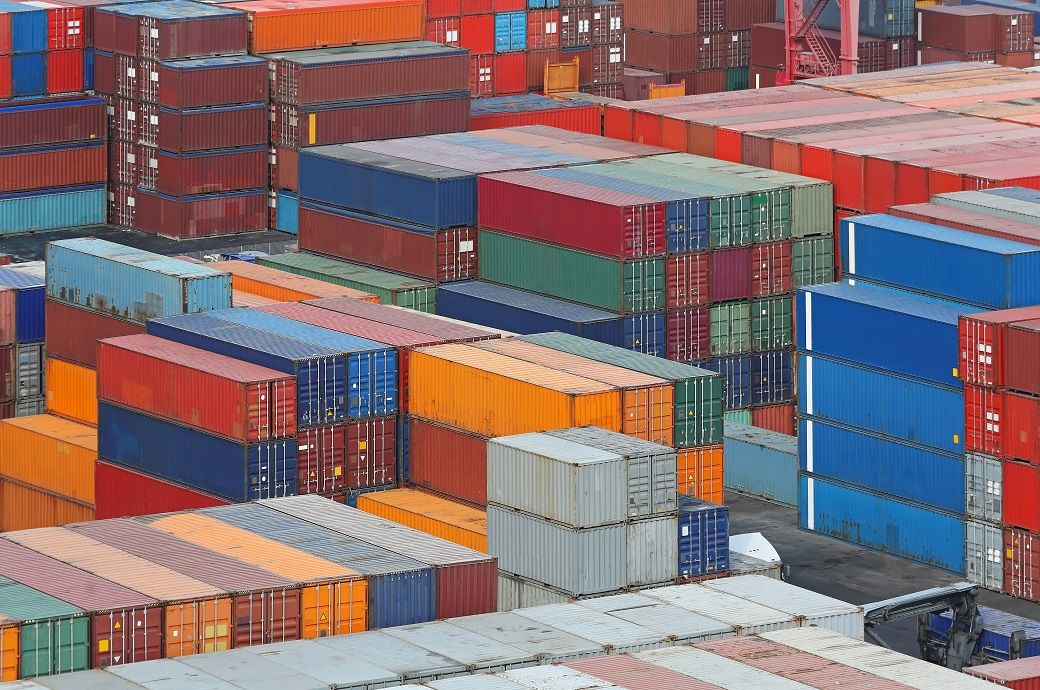
A notification issued by the Directorate General of Foreign Trade (DGFT) under the Ministry of Commerce and Industry stated that the export obligation period for imports of products subject to mandatory QCOs (Quality Control Orders) by the Department of Chemicals & Petrochemicals (DCPC), under the AA scheme, has been extended from the existing six months to 18 months.
It is worth noting that the EO period for AA holders was already 18 months as per Para 4.40 of the Handbook of Procedures of the Foreign Trade Policy, 2023. However, it had been restricted to 180 days from the date of clearance of import consignments for chemical products exempted from QCOs, as per a previous DCPC notification.
This extension will allow companies to import cheaper raw materials, otherwise restricted, while providing more time to fulfil their export obligations. Export-oriented units will now be able to import raw materials, mainly polyester yarn, without complying with QCOs. The policy change is expected to ease raw material supply constraints in the country.
The extended export obligation period will reduce pressure on these units for downstream product exports and provide much-needed relief to the industry amid the burden of the 50 per cent US tariff imposed on Wednesday.
ALCHEMPro News Desk (KUL)
Receive daily prices and market insights straight to your inbox. Subscribe to AlchemPro Weekly!